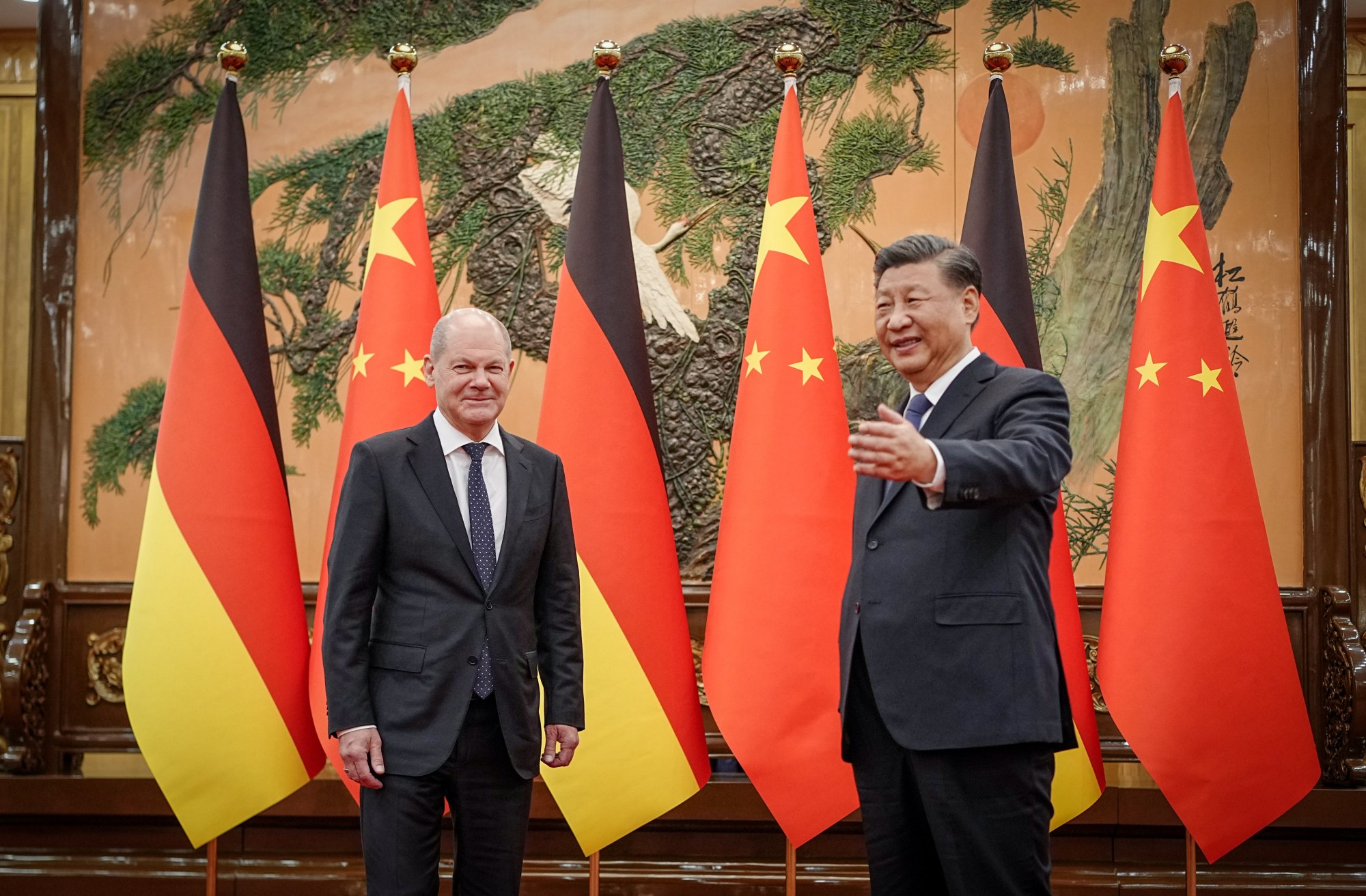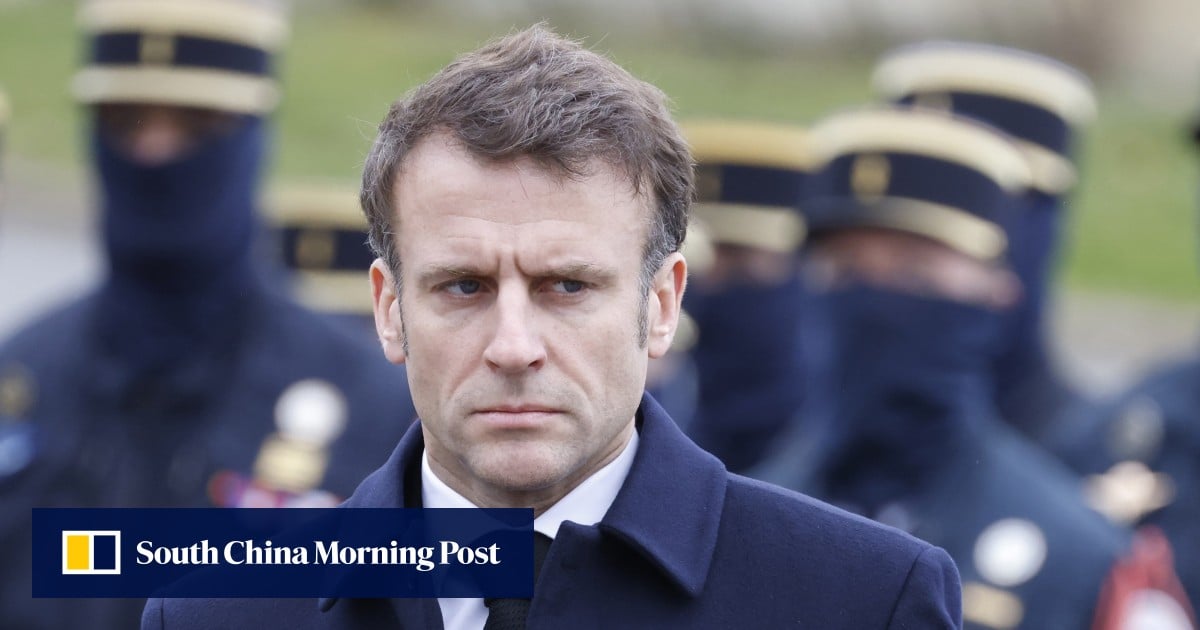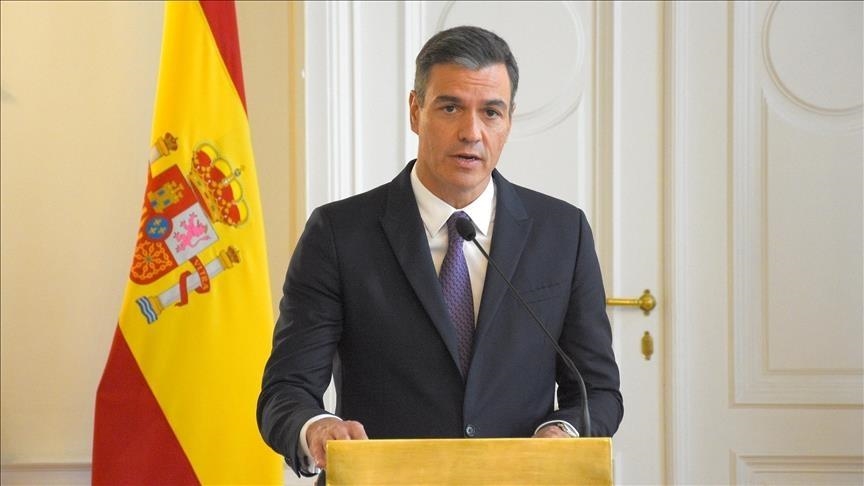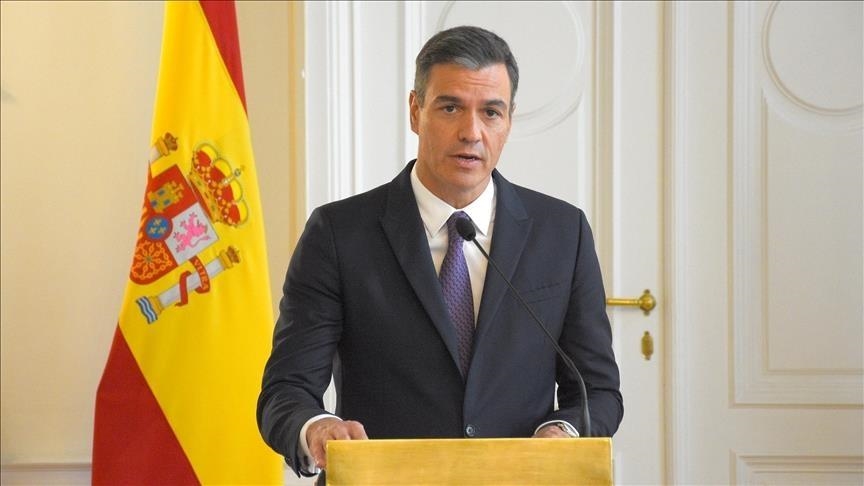beijingwalker
ELITE MEMBER

- Joined
- Nov 4, 2011
- Messages
- 65,191
- Reaction score
- -55
- Country
- Location
Macron to take French business leaders to China next week, despite EU calls to ‘de-risk’ ties
- French President Emmanuel Macron hopes to strengthen economic and cultural ties with Beijing
- Several meetings with Chinese President Xi Jinping are planned; one will include European Commission President Ursula von der Leyen
Finbarr Bermingham in Brussels
Published: 3:30am, 1 Apr, 2023

French President Emmanuel Macron will lead a delegation to China next week that will include business representatives in a trip to strengthen economic ties to Beijing. Photo: EPA-EFE
French President Emmanuel Macron will take a gaggle of business executives to China next week, despite European Union advice to “de-risk” Europe’s economic ties to Beijing.
Airbus and Alstom officials will be among those on the trip, according to Élysée sources, along with a large group of artists and filmmakers, as Macron looks to solidify business and cultural ties with the world’s second-largest economy.
Macron, who plans to fly from protest-riven Paris on Tuesday, is to meet with Chinese President Xi Jinping and Premier Li Qiang on Wednesday.
Later that evening, following a sit-down with French companies, he will attend a state dinner, followed by a trilateral summit with Xi and European Commission President Ursula von der Leyen.
From there he is to travel to Guangdong, where he will hold a question-and-answer session with students on Friday, followed by a more “informal” dinner with Xi.
Macron’s agenda will include trying to enlist Chinese support to end the war in Ukraine. He believes Beijing can be a “game-changer”, should it decide to leverage its close relationship with Russia, officials said.
Additionally, Macron will look to promote commercial ties with Beijing, responding to Washington’s new package of domestic subsidies, which Paris fears will lure European businesses across the Atlantic.
The French government has “no intention” of decoupling from China, the officials said, even while supporting trade defence measures the EU is drawing up to deal with Beijing’s economic behaviour.
Macron’s trip mirrors one German Chancellor Olaf Scholz took to Beijing last year, also with a host of business executives – a move widely criticised by other EU members.
Even so, Macron’s plan appears to clash with a tough-talking speech by von der Leyen in Brussels on Thursday, in which she established herself as one of Europe’s most hawkish leaders on China.

Chinese President Xi Jinping welcomes German Chancellor Olaf Scholz in Beijing on November 4, 2022. Photo: EPA-EFE
Analysts said that the odd-couple dynamic at the meeting with Xi could see von der Leyen play the “bad cop” to Macron’s “good cop”.
“Even if Macron disagrees with the clarity of this message, it will put some limitations on what he can do and say when travelling to Beijing with her – or he would risk undercutting his own message of European unity,” said Janka Oertel, director of the Asia programme at the European Council on Foreign Relations.
On Thursday, von der Leyen accused China of pursuing a “systemic change of the international order” with Beijing at its centre.
In response, she said, the EU needed to “de-risk” its economic ties and to do so, the commission would propose a new “economic security strategy later this year”.
As part of this, it will look into restricting European companies’ investments in China in sensitive sectors like robotics, quantum computing and artificial intelligence – a task some officials believe will be incredibly complex to administer.
Von der Leyen also said that the Comprehensive Agreement on Investment, the stalled investment pact between the European Union and China, was now outdated, suggesting that any measures to revive it would be unsuccessful.
In Brussels on Friday, many officials and diplomats were impressed by von der Leyen’s address, which was broadly regarded as “moving the needle” on how the EU’s China policy is discussed at the top level.
However, scepticism was also widespread about her ability to get member states to agree with a more confrontational approach to Beijing.
On the same day as von der Leyen’s address, Spanish Prime Minister Pedro Sanchez spoke at the Boao Forum in Hainan and espoused a more dovish view on ties with China.
“I firmly believe that relations between Europe and China -and, by extension, between Spain and China – do not have to be confrontational. There is a wide scope for mutually beneficial cooperation. We must remain partners, financially and beyond,” Sanchez said.
One senior official noted the small levels of trade between Spain and China, saying that if von der Leyen “can’t even get the Spanish on board, what hope is there with France and Germany?”
The Chinese ambassador to the EU, Fu Cong, said he was “a little disappointed” with von der Leyen’s speech.
“Whoever wrote that speech for President von der Leyen does not really understand China,” he told CGTN, adding that it “contained a lot of misrepresentation and misinterpretation of Chinese policies”.
A senior Western European diplomat said von der Leyen would provide some balance to the French President’s “usual rhetoric about there being ‘no way around China’”.
The diplomat did not expect Macron to be too critical of China while in the country.
“Just like with Putin, he enjoys being seen as a peer of the great world leaders and struggles to be too critical for that reason, so I’m sure he’ll mention human rights and other issues, but not in words that would offend Xi,” the diplomat said.
Oertel said that von der Leyen’s “de-risking approach” would “become harder and more costly the longer it takes to align policy with words”.
“The current spate of visits is the embodiment of this – they could be missions to make clear demands, lay down red lines, operationalise the changed economic thinking,” she said.
“But the messaging remains murky.”

Macron to take French business leaders to China next week
French President Emmanuel Macron hopes to strengthen economic and cultural ties with Beijing; several meetings with Chinese President Xi Jinping are planned.



